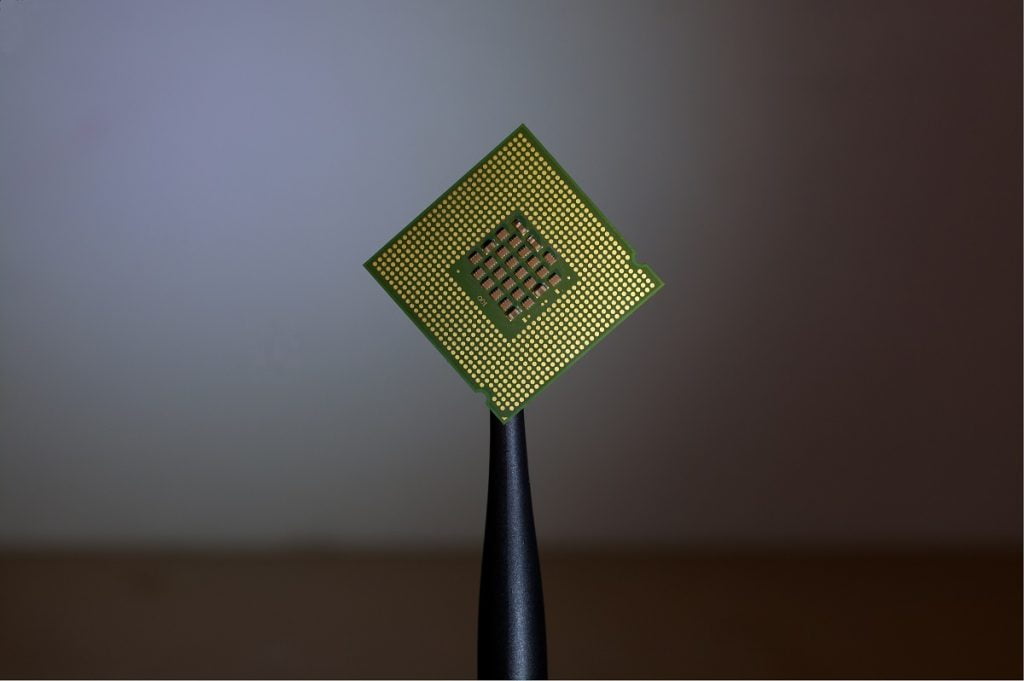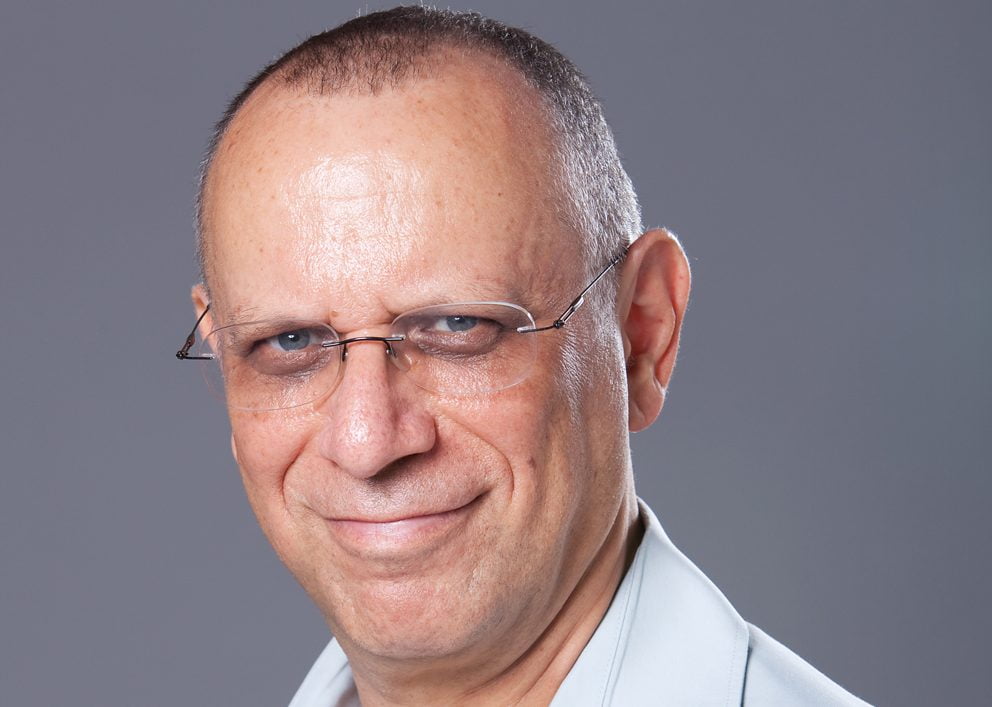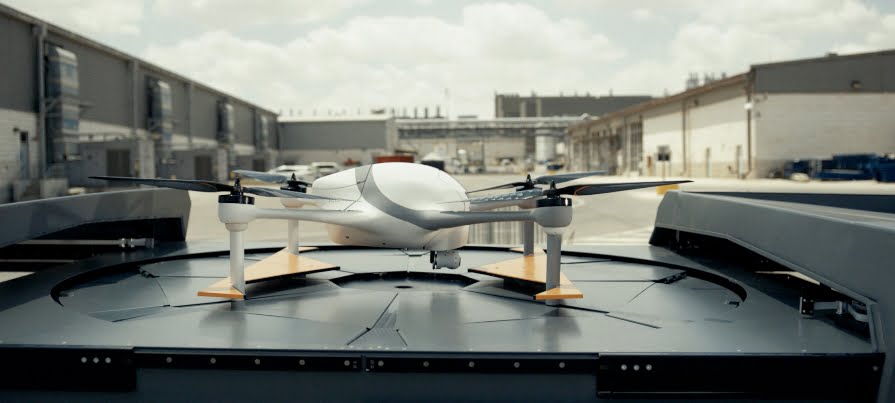Consumers are continuously being promised – and expect – an amazing range of products that include long battery life, powerful central processing units, better graphic abilities and super compactness.
And while the focus has often been on new software pushing the innovation market forward these past few years, the more headline-deprived hardware innovations are no less important, as they’re required to support these advances.
In Israel, hardware-oriented firms have always held an important place in the local innovation ecosystem, according to Dov Moran, a long-time high-tech leader best known as the inventor of the USB memory stick.
SEE ALSO: The Latest Billion-Dollar Exit: US Company Acquires Israeli Electronics Maker Orbotech In $3.4B Deal
At a mid-June meetup, Moran, a serial entrepreneur and venture capitalist, told his innovation story to Olim in Tech, a group of immigrants in high-tech in Israel. One of his main points: Hardware has always been a mainstay in the local innovation ecosystem and will continue to be such.
“Most of Israel’s tech success stories are in hardware,” Moran said, citing high-value buyouts including Mobileye ($15.3 billion sale to Intel in 2017), Orbotech ($3.4 billion sale to KLA-Tencor in 2018), Galileo ($2.7 billion sale to Marvell in 2000) and the company he founded, M-Systems ($1.5 billion sale to SanDisk in 2006) as examples.
According to data from Start-Up Nation Finder, the innovation discovery platform for Israeli tech, there are some 86 currently active hardware innovation startups in Israel.
Two of country’s biggest companies are known for their hardware solutions: Check Point Software Technologies develops and markets software and hardware solutions for information technology security; and Mellanox Technologies supplies computer networking products to the world’s top data companies.
“Hardware companies have always been a strong pillar in the Israeli innovation ecosystem,” says Amir Mizroch, Director of Communications at Start-Up Nation Central. “The ‘failure’ of the Lavi warplane in the 80’s, for instance, launched dozens of new hardware companies and the technologies that permeated the ecosystem from that program made a massive impact in new hardware engineering. In that sense the Lavi wasn’t a failure at all.”
The Israeli fighter jet that never was, of course, wasn’t the country’s only military-turned-civil idea to fuel hardware innovation.
“The country’s defense industry –which often pushes the envelope on electronics, software, and the hardware that comes with it–is a big driver of hardware innovation and entrepreneurship from army vets,” Yair Snir, Managing Director at Dell Technologies Capital, wrote in Forbes this month.
Indeed, the Pillcam capsule endoscopy camera-in-a-pill recorder is one of the country’s most famous health innovations based on military technology.
Intel 8088 and other CPUs
Sign up for our free weekly newsletter
SubscribeWhile Israel exports many of its technologies, the local presence of multinationals like Intel, IBM and Qualcomm have also bettered the country’s tech advances – including in hardware.
The Intel 8088 microprocessor chip is a great example. IBM chose the Intel 8088 for its original line of personal computers, and it is believed that all CPUs today trace back to the chip developed in Intel’s Haifa lab.
And while not the only country working on new drone technologies today, Israel has a handful of companies creating breakthrough hardware solutions in that field as well. Among them: Israeli drone tech startup Airobotics, which has developed a fully automated drone system, and is the first in the world to be certified to fly commercial drones without a human pilot in command.
Initially, Airobotics assembled its proof of concept drone from off-the-shelf hardware. But, says Shahar Ben-David, head of hardware technologies at Airobotics, “state-of-the-art technology cannot rely on software that runs on general-purpose hardware. After the system features have been validated, we turn to designing our own hardware that will meet our specific system needs.”
The needs include reduced power consumption, hardware component count and workload on general-purpose CPUs running software. “Two generations later, designing our own hardware, we reduced the PCB size by 50 percent and our next generation hardware will be reduced by a further 50 percent while executing over three times the workload,” Ben-David tells NoCamels.
AI requires hardware innovation
During his speech to new immigrant engineers and programmers, Moran said that while the stories of new hardware aren’t always as headline-grabbing as software advances, they’re vital for new tech, like AI, to launch.
“Innovation is unlimited. Innovation can be in anything. And Israel is geared to do more hardware than software,” he said. “Hardware is great.”
Indeed, the rise of artificial intelligence in everything from health to transportation and beyond will require new hardware solutions, he explained.
“We’re now seeing a resurgence of interest in hardware all over the world, thanks to the increasing processing power needs of big data and AI, disciplines that Israeli tech is really good at,” Mizroch tells NoCamels. “So, Israeli innovation in things like sensors, chips, robotics, and camera/radar/LIDAR hardware for computer vision are well placed.”
Viva Sarah Press is a journalist and speaker. She writes and talks about the creativity and innovation taking place in Israel and beyond. www.vivaspress.com
Related posts

Editors’ & Readers’ Choice: 10 Favorite NoCamels Articles

Forward Facing: What Does The Future Hold For Israeli High-Tech?

Impact Innovation: Israeli Startups That Could Shape Our Future







Facebook comments